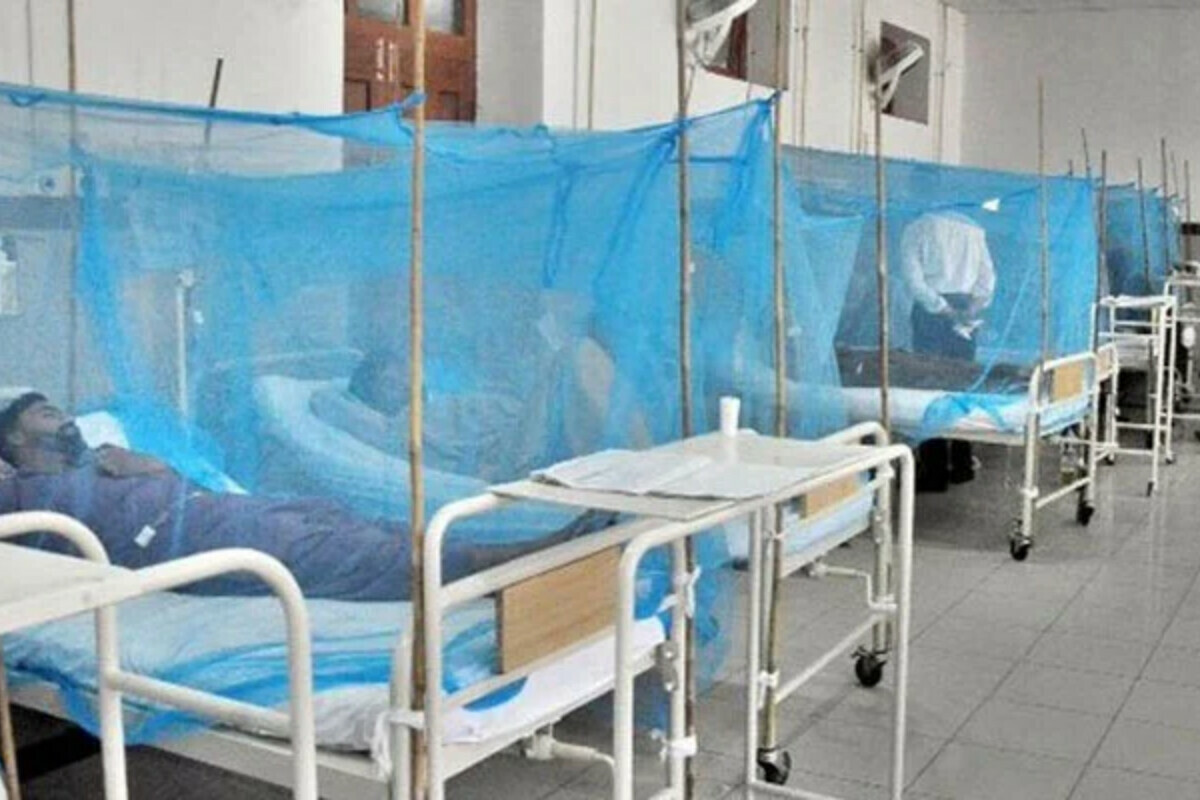A significant rise in seasonal illnesses, including flu, cough, dengue, and malaria, has been observed in Karachi, putting a strain on both public and private healthcare facilities. The ongoing surge in infections has raised concerns about the city’s ability to manage the growing health crisis, with experts urging immediate preventive action.
Health officials have revealed that the Sindh Health Department has not been issuing daily dengue surveillance reports, instead opting to share data on a bi-weekly or monthly basis. This delay in reporting has led to a lack of transparency, with case numbers provided without specifying which hospitals are contributing to the figures.
At Karachi’s Civil Hospital, over 100 cases of flu and cough have been reported in recent days, alongside 10 to 12 daily cases of dengue. Jinnah Hospital has also seen a significant number of patients, with emergency and outpatient departments handling approximately 150 cases of seasonal infections each day, including 15 to 20 dengue cases.
Private hospitals in the city have been equally impacted, reporting over 200 flu and cough cases daily. Healthcare experts have raised alarms over the insufficient daily updates and called for the immediate resumption of regular data reporting to help control the spread of these infectious diseases.
A concerning trend was also noted earlier this year. According to statistics released by the Sindh Health Department in February 2025, respiratory illnesses had surged dramatically in the city. By mid-February, 248 cases of various respiratory diseases had been reported, with 119 cases of H1N1 influenza being the most prominent. Additionally, 99 of these cases were reported from private hospitals, with another 20 at Dow University Hospital.
The report also confirmed 95 cases of Influenza A and B, 8 cases of the coronavirus, 15 of Rhinovirus, and 2 of Respiratory Syncytial Virus (RSV).
Health experts are now calling for a coordinated effort from authorities to address the seasonal and vector-borne disease outbreaks by strengthening surveillance, enforcing preventive measures, and ensuring timely data dissemination.















